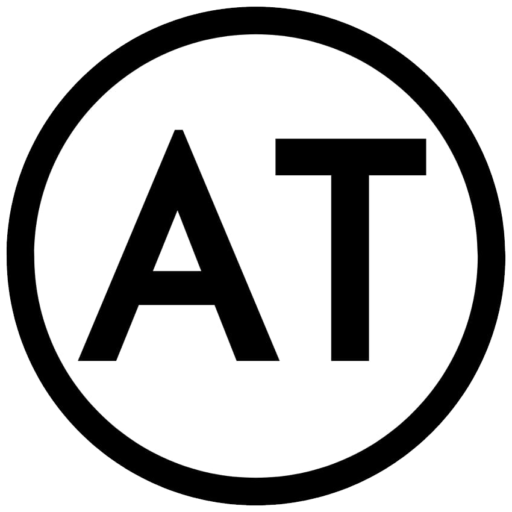Welcome to Atmospheric Thinking, where we love all things creative and believe in the power of optimizing blogs for search engine success. In this blog post, we will delve into the world of external links and uncover how they play a vital role in search engine optimization (SEO). Whether you’re a seasoned blogger or just starting out, understanding the significance of external links and implementing best practices can greatly enhance the visibility and credibility of your website. So, let’s dive in!
What Is an External Link?
External links, also known as outbound links, are links that connect your website to other websites. They direct your readers to relevant and authoritative sources outside your domain. These links act as virtual signposts, guiding search engines and visitors to valuable content located elsewhere on the web. Think of them as references that validate and support the information you provide on your blog.
Why Are External Links Important for SEO?
1. Establishing Credibility and Authority
By incorporating external links to reputable sources in your blog posts, you showcase a commitment to providing reliable information. Search engines recognize this effort and reward your website with higher credibility and authority rankings.
2. Enhancing User Experience
External links allow readers to explore additional resources related to your content, increasing their engagement and satisfaction. When visitors find value in your blog and are directed to other helpful websites, your brand’s trustworthiness and expertise grow.
3. Improving Search Engine Visibility
Search engines evaluate the quality and relevance of your website based on several factors, including the external links you use. When linked to high-quality websites, search engines perceive your content to be informative and reliable, ultimately contributing to improved search engine rankings.
SEO Best Practices for Using External Links:
1. Choose Relevant and Credible Sources
When using external links, ensure they are relevant to your content and offer valuable information to your readers. Select authoritative websites that complement your blog’s topic and provide insights that further enrich the user experience.
2. Optimize Anchor Text
Anchor text is the clickable text that contains the link. Use descriptive and keyword-rich anchor text that accurately represents the content of the external link. This helps both search engines and readers understand the destination of the link.
3. Balance the Quantity and Quality
While incorporating external links is beneficial, be mindful of striking a balance between quality and quantity. Focus on high-quality sources that add value to your blog rather than randomly linking to numerous websites.
4. Open External Links in New Tabs
To enhance the user experience and prevent readers from leaving your blog prematurely, always set external links to open in new tabs. This allows visitors to explore the recommended content while still keeping your blog readily accessible.
In Conclusion
External links are powerful tools in the world of SEO and blog optimization. By strategically incorporating relevant and authoritative sources, you can enhance your website’s credibility, boost user engagement, and improve search engine visibility. Remember to follow best practices to make the most of your external links, and watch as your blog takes flight!
We want to thank the thought leader for providing such awesome teachings on the subject and we hope that this article can help you and your business! Here’s the link to the original post where you can find further insights: https://www.semrush.com/blog/external-links




One Reply to “External Links: SEO Best Practices”
agencia seo
An outstanding share! I’ve just forwarded this onto
a friend who has been doing a little homework on this.
And he actually ordered me breakfast because I discovered it
for him… lol. So allow me to reword this…. Thanks for
the meal!! But yeah, thanx for spending the
time to talk about this issue here on your web
site.